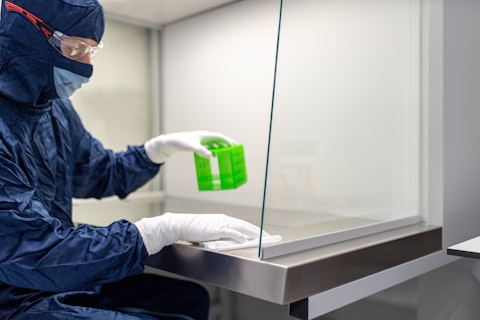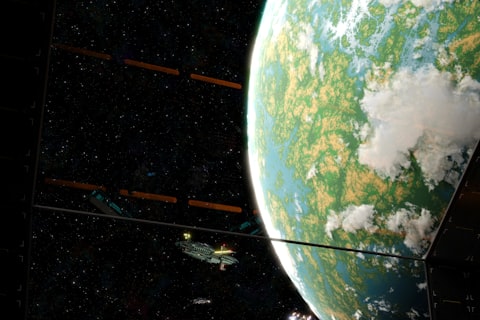The Future of Applied Sciences
Keywords
Artificial Intelligence Renewable Energy Biotechnology Nanotechnology Space Exploration
Overview of Applied Sciences
The future of applied sciences is a beacon of innovation and sustainability. With technological advancements, the scope for growth in various sectors is vast and promising. 🚀
Key Areas Shaping the Future
-
Artificial Intelligence (AI): Transforming industries with data analysis and decision-making.
-
Renewable Energy: Advancing towards eco-friendly energy solutions.
-
Biotechnology: Engineering life to address global challenges.
-
Nanotechnology: Manipulating the minuscule for major breakthroughs.
-
Space Exploration: Venturing beyond Earth to expand our horizons.
Artificial Intelligence (AI)
AI's role in data processing and industry revolution is pivotal. It's set to become a ubiquitous part of life, enhancing efficiency and accuracy.
Images


Renewable Energy
The shift to solar, wind, and other sustainable sources is accelerating, driven by the need for environmental conservation.
Images


Biotechnology
Biotech is poised to tackle food scarcity and diseases, with groundbreaking work in medicine and agriculture.
Images


Nanotechnology
The manipulation of matter at the atomic level holds potential for healthcare, electronics, and energy storage.
Images


Space Exploration
Technological leaps are enabling us to explore the cosmos, with missions to Mars and advancements in spacecraft.
Images


Conclusion
The horizon of applied sciences is vibrant with opportunities for advancement and innovation. The future is bright as we harness these fields to improve our world. 🌍
FAQs
-
AI's Role: AI is crucial for data-driven solutions and industry optimization.
-
Biotech Applications: Tackling health and environmental issues through genetic engineering.
-
Nanotech Impact: Revolutionizing product development with atomic precision.
-
Renewable Energy Progress: Evolving to provide cost-effective, sustainable power.
-
Space Exploration Future: Expanding our reach with new missions and technological innovations.





